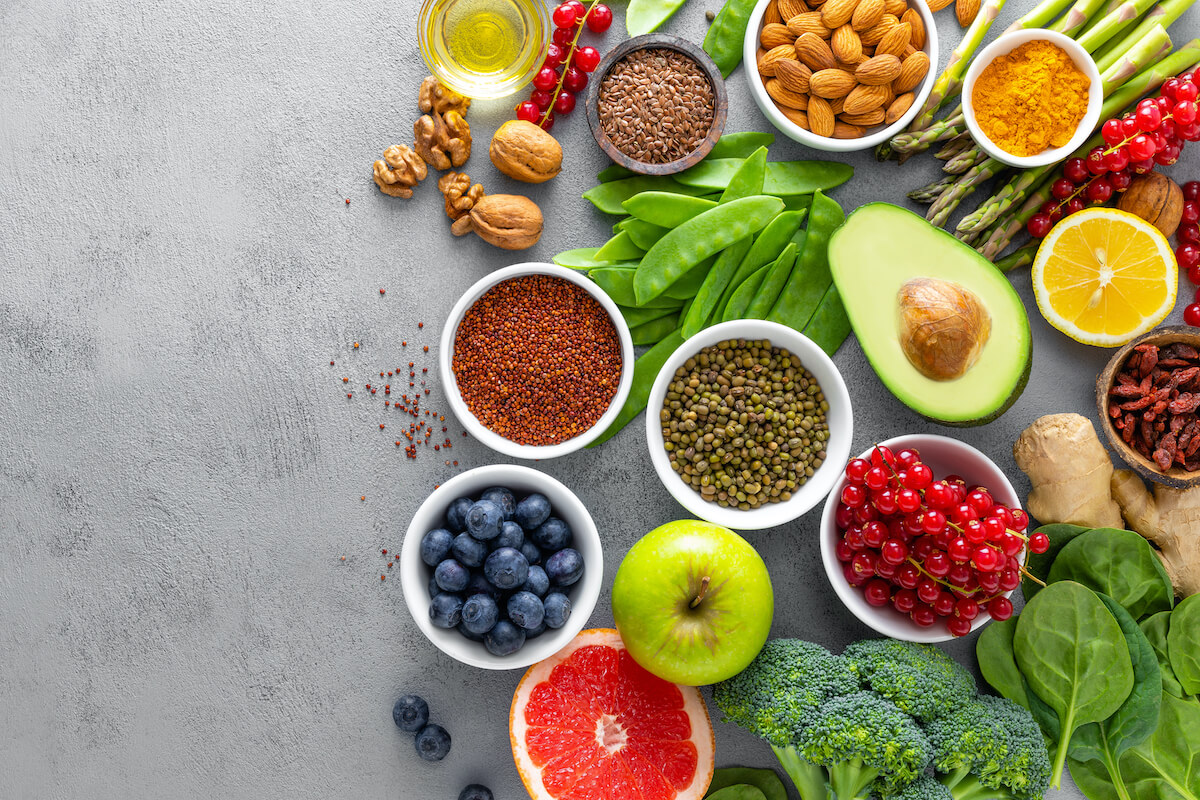
Nutrition and Memory: Foods to Boost Brain Health
Eating a balanced diet of nutritious foods allows you to feel well, look well, and be well. Many people know that certain foods can support different systems in your body. We’ve all been told that an apple a day keeps the doctor away; carrots improve vision, garlic benefits the immune system, and eggs may promote hair growth.
Just like those well-known nutrition and health connections, there is also a link between nutrition and brain health. A “poor diet is a potential risk factor for the development of cognitive impairment; conversely, dietary nutrients are protective against such impairments (Frontiers in Behavioral Science).” Multiple studies show that filling your diet with brain-boosting foods can lead to sharper focus, heightened cognitive function and increased memory, and even challenge against Alzheimer’s and other dementias.
The Springs at Simpsonville, a senior living community in Simpsonville, South Carolina, wants to encourage a nutritious diet and healthy brain function. We’ve created a list of the healthiest foods for brain health and some tips on how to enjoy them!
FISH
Fatty fish, like salmon, cod, and mackerel, are rich in omega-3 fatty acids, which have been shown to play an important role in brain function and development throughout your entire life. These fatty acids help to preserve brain cell health and facilitate communication between cells. Low levels of omega-3s could contribute to age-related cognitive decline and an accelerated decline in memory, so it’s beneficial to include fish in your diet.
The Springs’ Tip:
Not everyone loves the taste of fish. If you’ve never been a fish eater but want to include more omega-3s in your diet, try to experiment with different types and preparations of fish. Tastes can widely vary depending on whether the fish is grilled, fried, or made into sushi. Play around in your kitchen or at a restaurant and try different styles of fish until you find one that you like!
BLUEBERRIES
Any dark-skinned berry (blackberry, raspberry, cherry) has numerous health benefits and will help boost memory. Still, the powerhouse of the blueberry is the only berry that has been dubbed a “superfood.”
Packed with antioxidants, the blueberry is not only one of the best foods you can eat for brain health—it’s one of the healthiest foods you can eat in general. Oxidative stress, which is an imbalance of chemicals in the body, has been shown to quicken the aging process and can lead to memory impairment. The abundance of antioxidants in blueberries can counter this oxidative stress and improve memory function.
The Springs’ Tip:
You can enjoy the health benefits of blueberries, whether they’re fresh or frozen (keep an eye out for added sugars when buying frozen). Fresh blueberries can be enjoyed on their own or tossed with Greek yogurt and granola, and frozen blueberries are a perfect addition to a nutritious smoothie!
LEAFY GREENS
Leafy greens are another healthy snack that’s been associated with slowing down cognitive decline. Vegetables like spinach, kale, chard, and collards are rich in “brain-health nutrients like vitamin K, lutein, folate, and beta carotene (Harvard Health Publishing).”
The Springs’ Tip:
The longer you keep spinach in the refrigerator, the more nutrients it loses. The sooner you plan on incorporating that fresh spinach into your meals, the more nutrients you will gain from it. If you can’t eat that much that quickly, opt for frozen spinach, which contains the same nutrients but will keep for much longer.
DARK CHOCOLATE
Dark chocolate, like blueberries, is high in antioxidants that help counter oxidative stress and memory decline. Dark chocolate that’s over 70% cocoa contains a substance called flavanols, which have been shown to benefit human brain function and delay memory loss. Of course, this doesn’t mean that you should eat a chocolate bar every night—chocolate is still high in calories and should be eaten in moderation. However, a small serving every now and then could lead to improved brain function in the long run.
The Springs’ Tip:
In order for you to gain any antioxidants from chocolate, be sure to select a dark chocolate variety with 70% or more total cocoa content. Milk chocolate and white chocolate contain little nutritional value and are full of sugars and fats. Find a high-quality dark chocolate bar with as few ingredients as possible, making sure that some form of cocoa is the first ingredient listed. Maybe after dinner or in the evenings, snack on one or two squares and enjoy that rich chocolate taste while gaining some beneficial antioxidants.
Having a well-balanced, nutritional diet is one of the best things you can do to manage your health. Just like we eat nourishing foods to have a healthy and strong body, we can do the same to have a healthy and sharp mind.
The Springs at Simpsonville knows the importance of nutrition for brain health, physical health, and emotional health. Our community, located in Simpsonville, South Carolina, provides residents with three nourishing and delicious meals a day to foster a healthy and engaging environment.
We encourage you to visit our website to learn more about healthy living at The Springs at Simpsonville!





